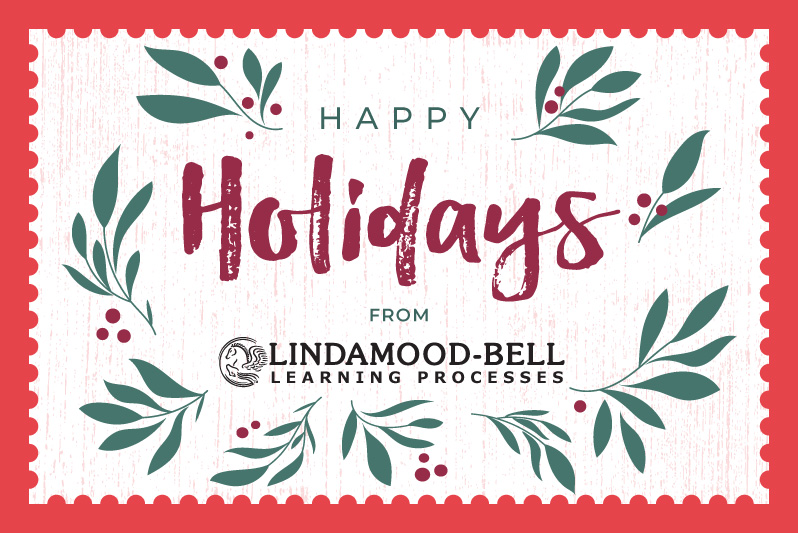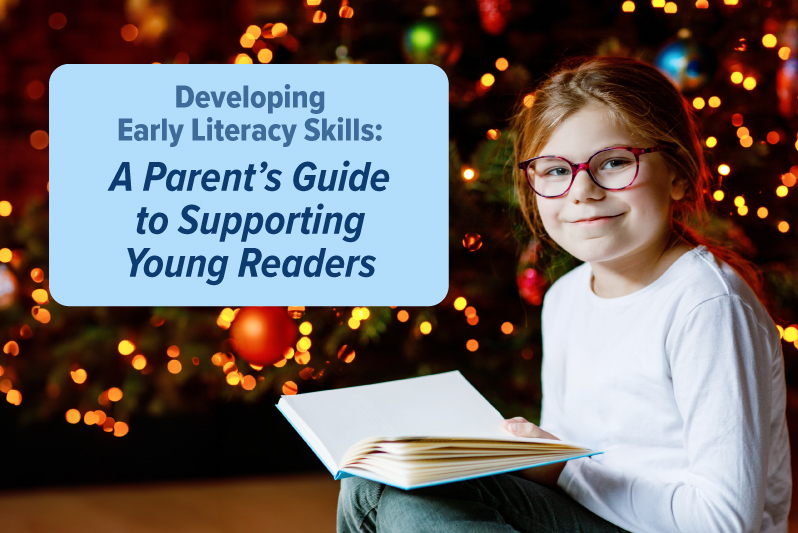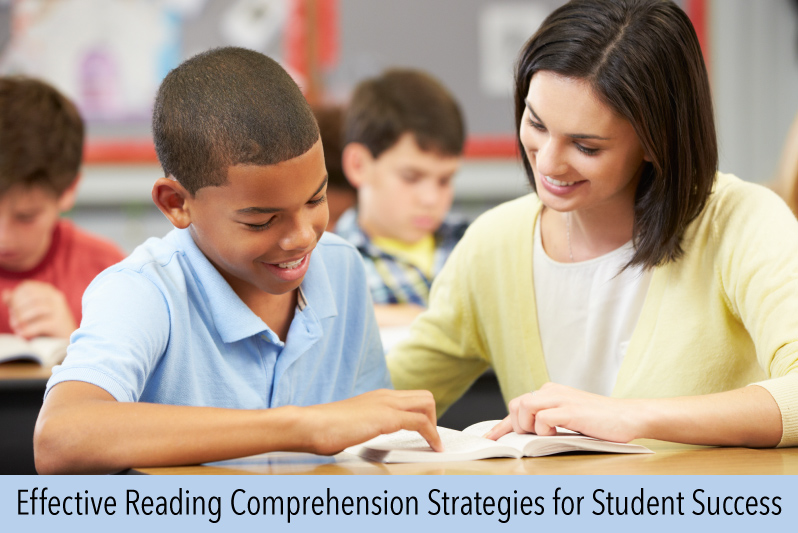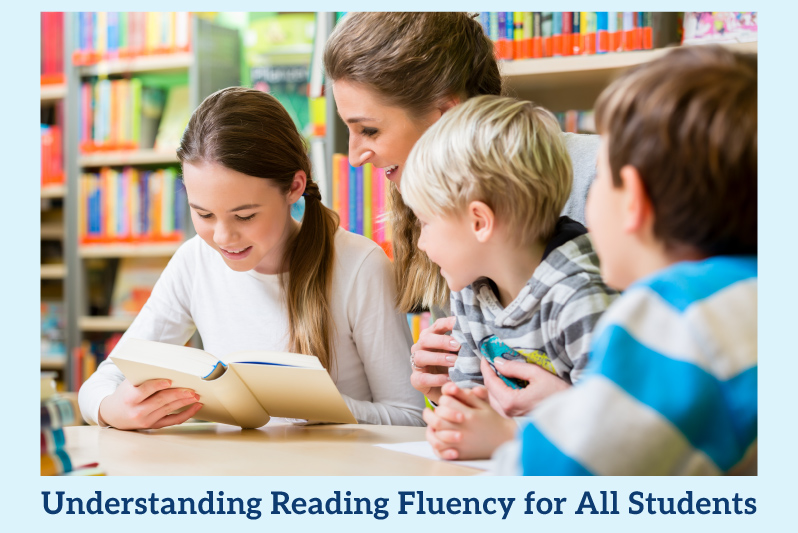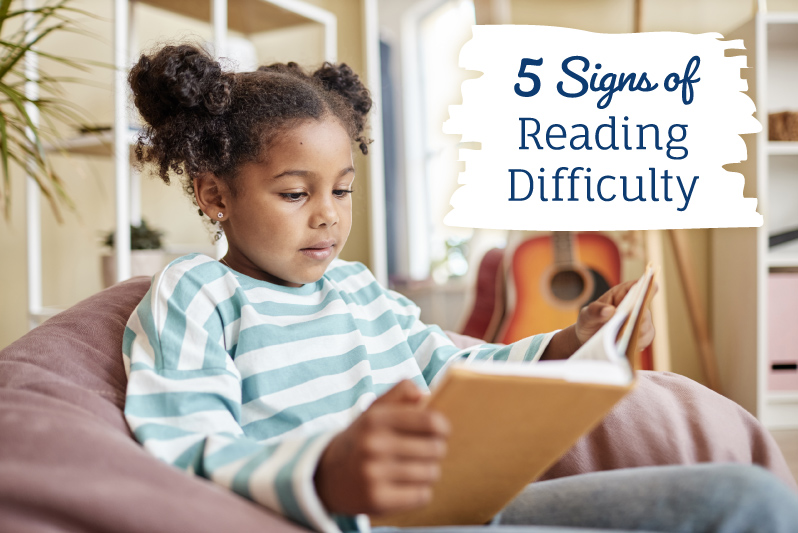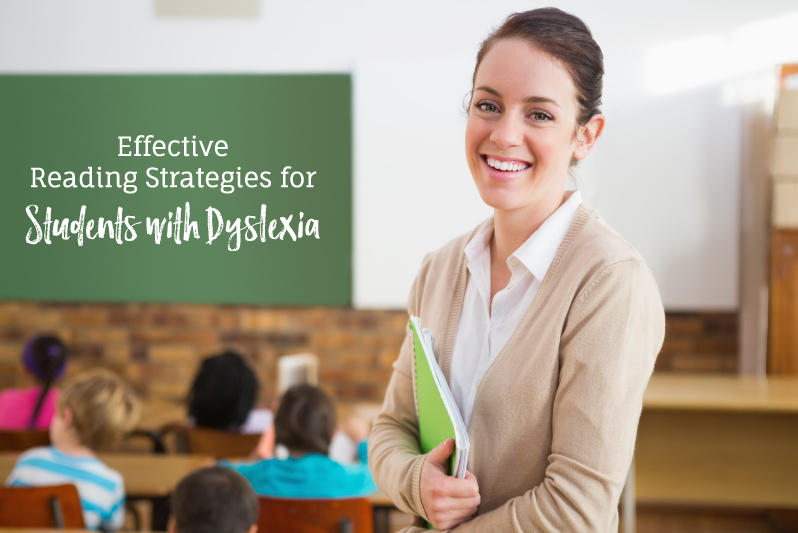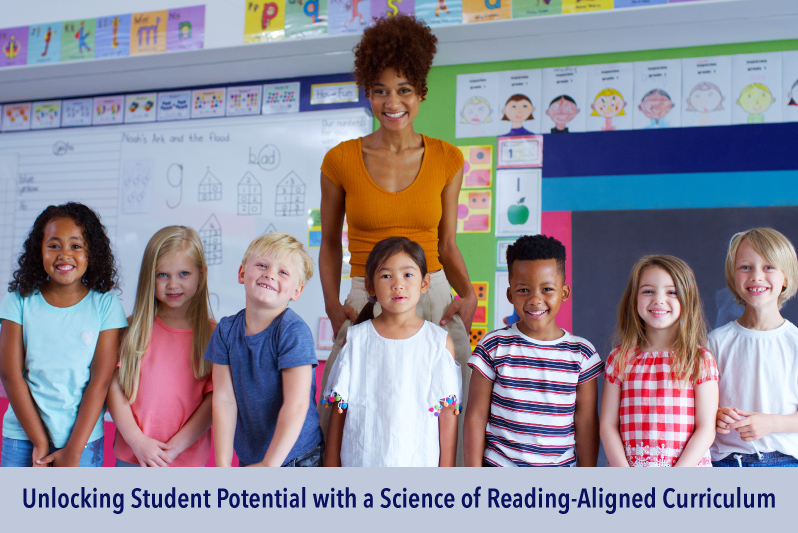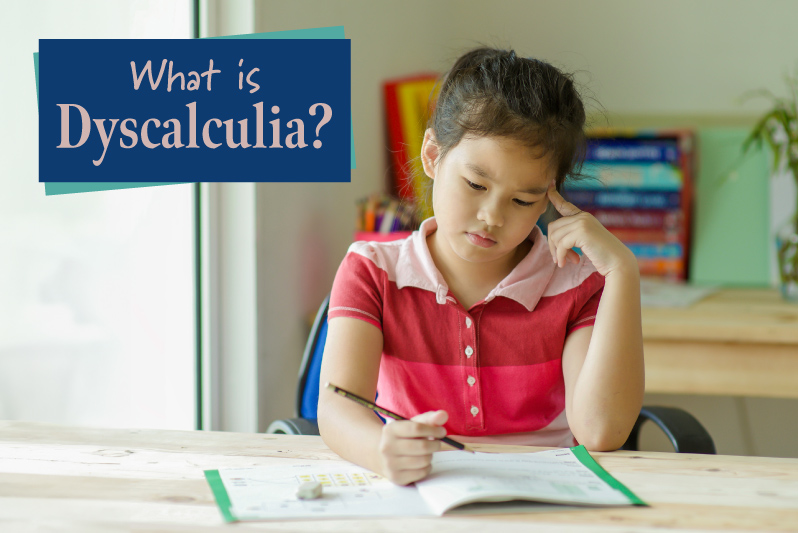What Is Dual Coding Theory? Strengthening Reading and Comprehension
At Lindamood-Bell, our approach is grounded in Dual Coding Theory (DCT), a cognitive framework that demonstrates how the brain processes information. Developed by cognitive psychologist Allan Paivio, DCT posits that humans have both verbal and nonverbal systems for processing information. Verbal: Words, symbols, letters, phonemes, grammar, definitions, and mathematical notation. Nonverbal: Mental images, scenes,…
Reflecting on 2025 with Gratitude and Hope
As we approach the close of 2025 and look ahead to our 40th year in 2026, we are filled with appreciation for the students, families, and education professionals who make our mission possible. We are proud to share highlights from a year marked by life-changing learning moments across the globe. Learning Centers This year,…
Developing Early Literacy Skills: A Parent’s Guide to Supporting Young Readers
Developing early literacy skills lays the foundation for confident learning, curiosity, and long-term academic success. From listening and speaking to recognizing sounds, letters, and simple words, the early years are critical for building reading and comprehension skills. At Lindamood-Bell, we focus on the foundational sensory-cognitive skills needed for learning and provide families and educators with…
Why is My Child Struggling with Math?
If your child struggles with math, you’re not alone. Many children find math difficult, but for some, these challenges are especially persistent and can impact their confidence and performance in school. At Lindamood-Bell, we understand that math challenges are often tied to how individuals process numbers, which requires specific cognitive skills. While each child’s struggles…
Effective Reading Comprehension Strategies for Student Success
Reading comprehension requires the ability to understand and interpret text including using key skills like memory, vocabulary, and critical thinking. Some traditional teaching methods may address these areas, however, Lindamood-Bell’s unique sensory-cognitive approach focuses on explicitly developing concept imagery—the ability to create an imaged gestalt (whole) from oral and written language. Concept imagery is…
Understanding Reading Fluency for All Students
Reading fluency is essential for making reading both enjoyable and meaningful. Fluent reading begins with a strong foundation in decoding and vocabulary. When students develop and strengthen the sensory-cognitive skills that are the foundation of reading fluency, they read more accurately and build confidence in their abilities. Lindamood-Bell provides educators with evidence-based instructional programs…
5 Signs of Reading Difficulty
Parents often can see that their child is struggling with reading—especially if there is an older sibling or friend who seemed to, comparatively, breeze through the process. It is not always so clear, however, whether a child has a weakness that needs to be checked out, or if reading simply hasn’t “clicked” for them…
Effective Reading Strategies for Students with Dyslexia
Supporting students with dyslexia demands customized approaches that cater to their unique challenges. At Lindamood-Bell, we recognize the difficulties dyslexic learners encounter and are dedicated to empowering both students and educators with evidence-based solutions. This article explores effective reading strategies that enhance skills and boost confidence for individuals with dyslexia. Understanding Dyslexia Dyslexia is…
Unlocking Student Potential with a Science of Reading-Aligned Curriculum
In today’s educational environment, the Science of Reading is a critical framework for understanding how students learn to read. This evidence-based approach draws on decades of interdisciplinary research to inform the most effective literacy instruction. At Lindamood-Bell, we align with the principles of the Science of Reading and expand upon them, offering programs rooted…
What is Dyscalculia?
Dyscalculia, often termed ‘mathematical dyslexia,’ is a specific learning disability that impacts an individual’s ability to comprehend and work with numbers. Just as dyslexia affects reading, dyscalculia affects math skills. Those with this math learning disability may struggle with basic number concepts, face challenges recalling math facts, and have difficulty performing calculations or solving mathematical…






